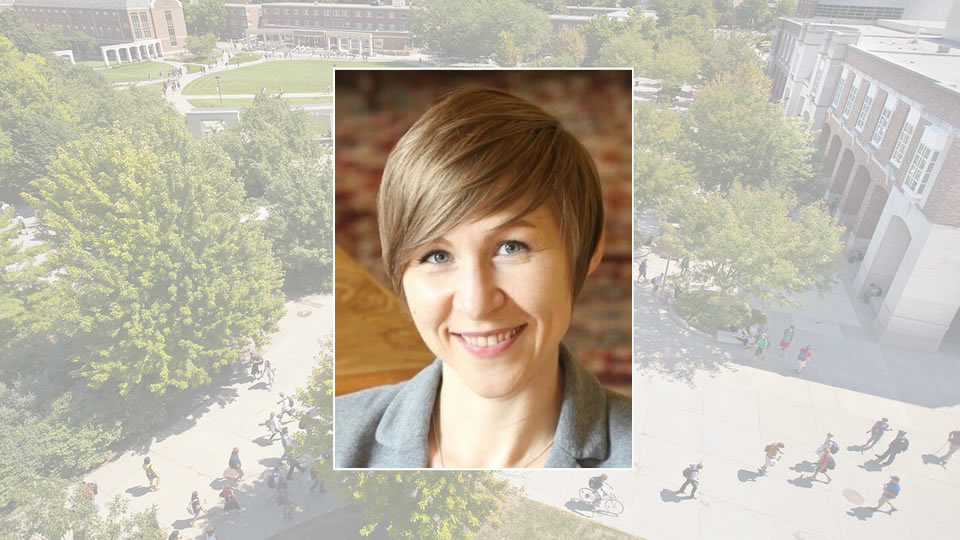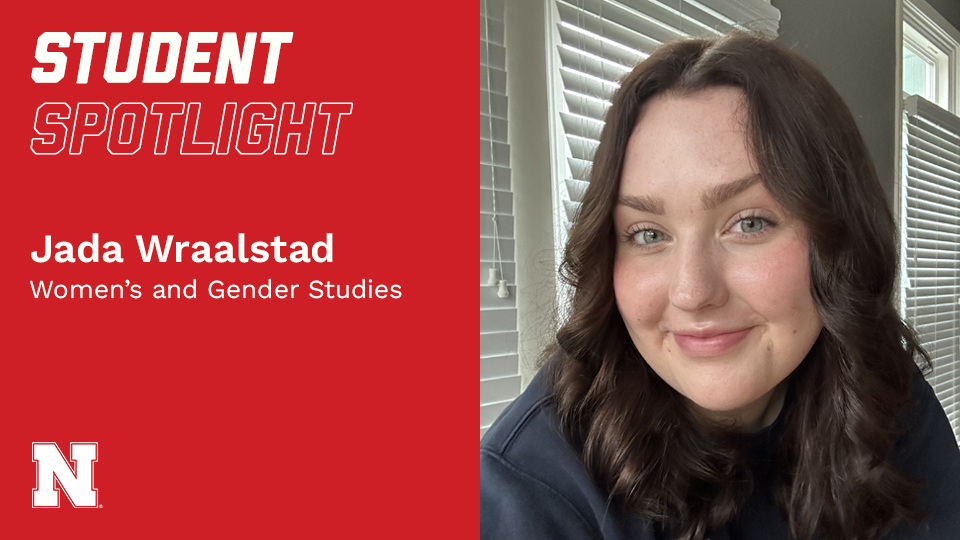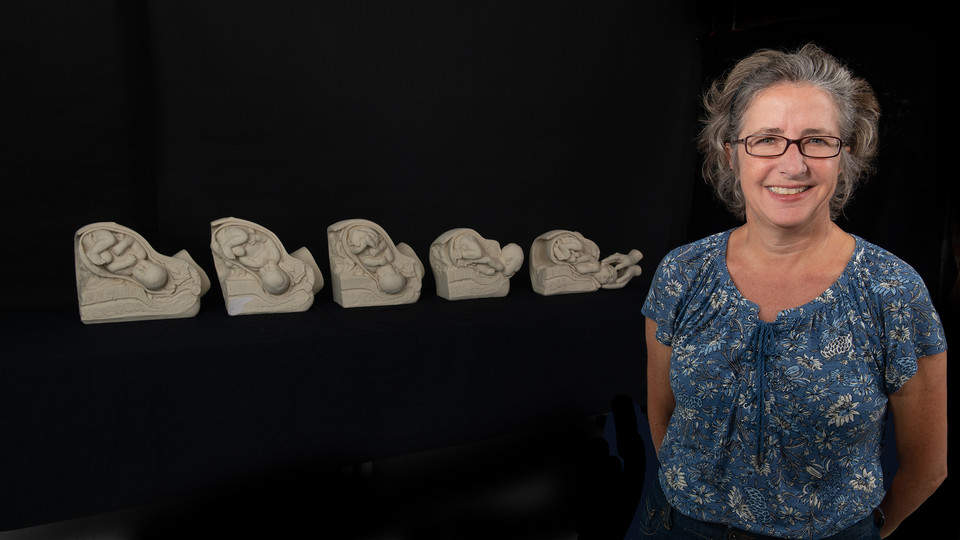
Dr. Holland — assistant professor, Women's and Gender Studies Program and Department of Psychology
Area(s) of specialization: Sexual Assault, Sexual Health, Gender, Sexuality
What is your favorite course to teach and why?
My favorite course to teach is Psychology of Gender (PSYC/WMNS 421/821) because I am an interdisciplinary scholar in both of these fields. I also enjoy teaching this course because of the photo-journal project that students work on over the course of the semester. The project contains both a group component and an individual component. First, I create groups of approximately five people. Students take photos each week that are related to the course topics (e.g., photos of people, places, objects, or anything else in their daily life that is relevant to the class) and groups are given time in class on Fridays to discuss their photos. The groups will select two photos they would like to post on the course Canvas Discussion Board. At the end of the semester, each student will write a final paper for this assignment—reflecting on their observations of course topics in everyday life (i.e., the photos) and what they have learned in class. This unique assignment also allows me to learn about course topics from students' lived experiences.
What are you currently researching?
Some of my current projects include:
- Student Support Seeking Study: A longitudinal, mixed-method study of LGBTQ and straight undergraduate students who have had unwanted sexual experiences. Some central questions driving this research are: What supports are these students seeking? What barriers prevent them from using formal supports (e.g., reporting options, counseling services, victim advocacy)? How do those barriers change over time? What are the consequences of these service barriers for students' mental health? How does the intersection of gender identity and sexuality shape survivors' interactions with formal supports, service barriers, and mental health outcomes?
- Menstruation, Bodies, and Sexual Health Study: A cross-sectional survey of emerging adult women. Some central questions driving this research are: How does the internalization of stigma around body size, genitals, and menstruation relate to young women's self-objectification and comfort communicating with sexual partners and healthcare providers? In addition, how do these experiences together predict sexual health outcomes (e.g., sexual satisfaction, accessing preventative care)?
- Graduate Student Reporting Experiences Study: A qualitative study of graduate students' experiences reporting sexual harassment/assault to the university Title IX Office. Some central questions driving this research are: How do elements of the campus adjudication process relate to report outcomes? What harassment/assault characteristics predict the investigation finding a "hostile environment"? How does the reporting process affect students' mental health and academic wellbeing? How do students' identities (e.g., LGBTQ students, international students) relate to harassment and reporting experiences?
What do you enjoy doing outside of work (hobbies, other interests)?
Reading for fun--I especially love mysteries--and hanging out with my cat.
Professional organizations:
I have been affiliated with the following organizations:
American Psychological Association (APA) APA Division 9, Society for the Psychological Study of Social Issues APA Division 35, Society for the Psychology of Women APA Division 44, Society for the Psychology of Sexual Orientation and Gender Diversity APA Division 27, Society for Community Research and Action



